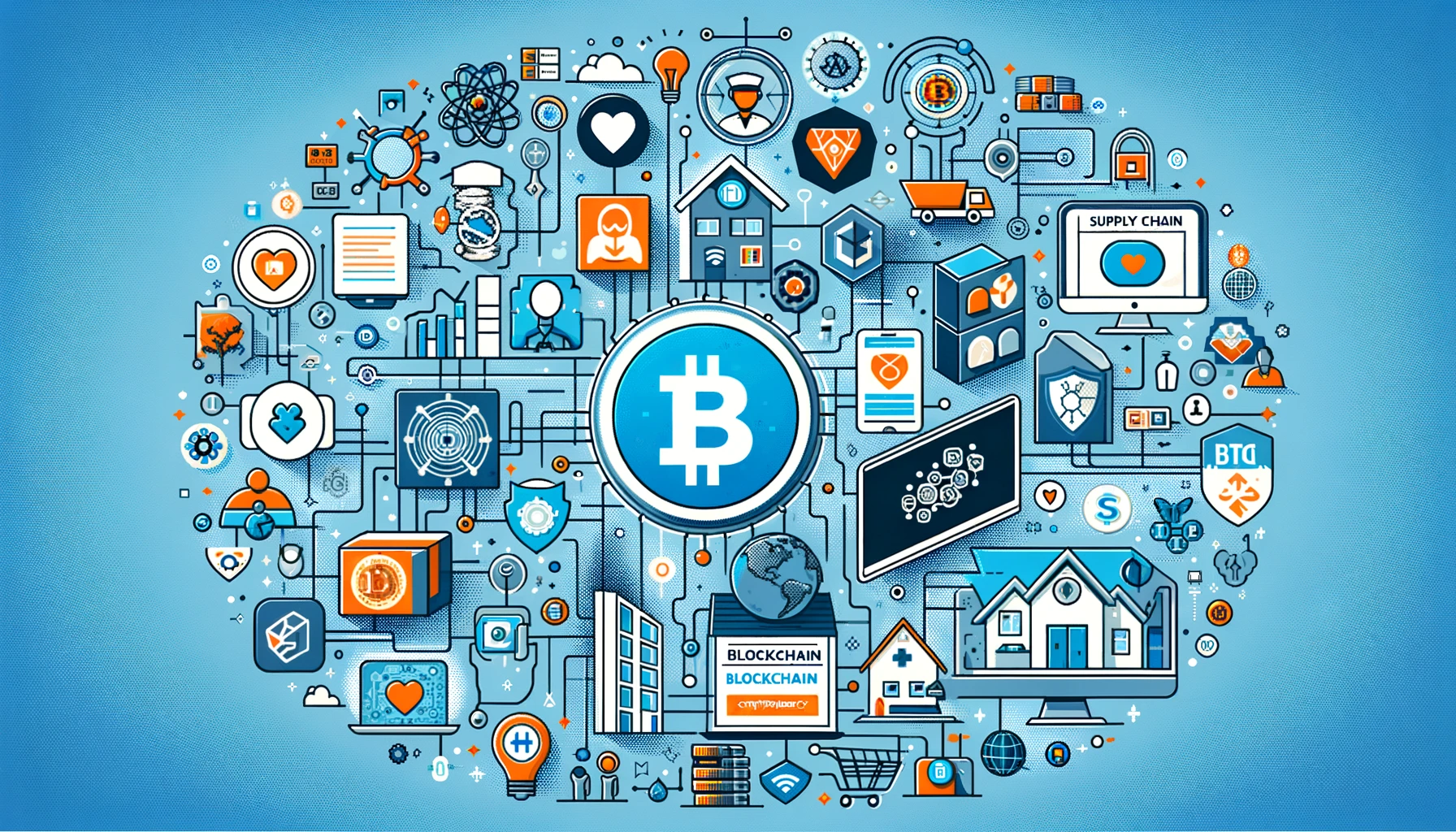
AI in Sports Analytics: Revolutionizing Performance Optimization & Fan Engagement
Imagine a world where every strategic decision in sports is backed by overwhelming data, where athletes train with pinpoint precision, and where fans experience games in ways previously unimaginable. This isn’t science fiction; it’s the rapidly evolving reality brought to us by Artificial Intelligence (AI) in Sports Analytics.
AI is no longer just a buzzword; it’s a powerful tool transforming how teams play, how athletes train, and how we, as fans, interact with our favorite sports. From the pitch to the court, the track to the arena, AI is unlocking new levels of performance optimization and supercharging fan engagement.
This comprehensive guide will break down what AI in sports analytics is, how it’s being used, and why it’s a game-changer for everyone involved.
What Exactly is AI in Sports Analytics? (The Basics for Beginners)
At its heart, Artificial Intelligence (AI) is like a super-smart computer brain designed to learn, reason, and make decisions, often performing tasks that typically require human intelligence. Sports Analytics is simply the process of collecting, analyzing, and interpreting vast amounts of data related to sports.
When you combine the two, AI in Sports Analytics means using these smart computer brains to crunch massive amounts of sports data – much more than any human could process – to find hidden patterns, predict outcomes, and offer actionable insights.
Think of AI as a very diligent student who studies every single play, every practice session, every historical game, and every athlete’s movement. It learns from all this "experience" and then uses that learning to give coaches, players, and broadcasters powerful recommendations.
How does AI get its "smartness" in sports?
- Machine Learning (ML): This is the core of most AI applications. ML algorithms learn from data without being explicitly programmed. For example, you feed an ML model thousands of basketball shots, telling it which ones went in and which didn’t. Over time, it learns the factors that lead to a successful shot.
- Computer Vision: This allows AI to "see" and interpret images and videos. In sports, it means AI can track player movements, ball trajectories, and even facial expressions from game footage.
- Natural Language Processing (NLP): This enables AI to understand, interpret, and generate human language. It can be used to analyze commentary, social media sentiment, or even scout reports.
- Predictive Analytics: Using historical data, AI can forecast future events, like the probability of a team winning, an athlete getting injured, or a specific play succeeding.
Where does the data come from? Everywhere!
- Wearable sensors on athletes (GPS, heart rate, accelerometers)
- High-definition cameras in stadiums tracking every movement
- Historical game statistics and player records
- Social media conversations and fan reactions
- Biometric data (sleep patterns, recovery rates)
Performance Optimization: Making Athletes & Teams Better
This is where AI directly impacts the game on the field, court, or track. By analyzing granular data, AI provides insights that help athletes train smarter, coaches strategize more effectively, and teams gain a crucial competitive edge.
1. Individual Player Performance Enhancement
AI helps athletes understand their strengths and weaknesses in incredible detail, leading to tailored training plans.
- Skill Development:
- Shot Analysis (e.g., Basketball, Soccer): AI can analyze thousands of shots, identifying subtle flaws in an athlete’s form, release point, or follow-through. It can suggest adjustments to improve accuracy and power.
- Movement Efficiency (e.g., Running, Swimming): AI analyzes biomechanics from video, pointing out inefficient movements that waste energy or could lead to injury.
- Personalized Training Regimens:
- Based on an athlete’s unique physiological data (heart rate, fatigue levels, sleep patterns), AI can recommend optimal training loads, rest periods, and nutrition plans to maximize performance and prevent burnout.
- It can even simulate different training scenarios to predict their impact on performance.
2. Team Strategy & Tactical Decisions
AI gives coaches a "super-brain" to analyze opponents, refine game plans, and make real-time decisions during matches.
- Opponent Analysis:
- AI can sift through countless hours of opponent game footage, identifying their preferred plays, defensive weaknesses, individual player tendencies, and even substitute patterns.
- It can predict what an opponent is likely to do in specific game situations based on historical data.
- Game Simulation & Play Calling:
- AI can run thousands of simulations of different game scenarios, helping coaches understand the probability of success for various plays or defensive schemes.
- During a game, AI tools can offer real-time suggestions for substitutions, timeouts, or tactical adjustments based on live data.
- Player Combinations:
- AI can identify which players perform best together on the field or court, optimizing lineups and understanding team chemistry from a data perspective.
3. Injury Prevention & Rehabilitation
One of AI’s most impactful applications is safeguarding athlete health, extending careers, and speeding up recovery.
- Predictive Injury Risk:
- By continuously monitoring an athlete’s workload, fatigue levels, movement patterns, and even subtle changes in their gait, AI can identify early warning signs of potential injuries before they occur.
- It can flag athletes at high risk due to overtraining or specific stress points on their bodies.
- Personalized Rehabilitation:
- After an injury, AI can monitor recovery progress with great precision, recommending specific exercises, intensity levels, and timelines for returning to play, reducing the risk of re-injury.
- It can analyze an athlete’s movements during rehab exercises to ensure correct form and optimal recovery.
4. Talent Identification & Scouting
AI helps find the next generation of stars, often in places human scouts might overlook.
- Data-Driven Scouting:
- AI can analyze vast databases of amateur and youth athletes, sifting through performance statistics, physical metrics, and video footage to identify hidden gems with high potential.
- It can look beyond traditional metrics to find players who fit a team’s specific playing style or future needs.
- Predicting Future Success:
- By analyzing historical data of successful athletes, AI can develop models that predict which young players are most likely to succeed at a professional level, guiding recruitment decisions.
Fan Engagement: Making Sports More Immersive & Interactive
Beyond the field, AI is transforming the spectator experience, making sports more personalized, interactive, and exciting for fans around the globe.
1. Enhanced Broadcasts & Commentary
AI makes watching sports on TV or online a richer, more informative experience.
- Real-time Statistics & Graphics:
- AI-powered systems can instantly analyze live game data and generate on-screen graphics, showing everything from player speed and distance covered to shot probabilities and win predictions (e.g., NFL Next Gen Stats).
- This provides deeper insights than ever before, even for casual viewers.
- Predictive Commentary:
- AI can assist commentators by providing real-time probabilities for plays, highlighting unusual statistics, or even suggesting talking points based on historical trends.
- Automated Highlights:
- AI can identify key moments in a game (goals, dramatic saves, big hits) and automatically generate highlight reels, often tailored to individual fan preferences.
2. Personalized Content & Experiences
AI ensures fans get the content they want, how they want it, directly to their devices.
- Custom News Feeds & Notifications:
- Based on a fan’s favorite teams, players, or even fantasy sports roster, AI can curate personalized news articles, video clips, and game alerts delivered directly to their apps.
- Tailored Marketing & Merchandise:
- AI analyzes fan behavior and purchase history to recommend relevant merchandise, ticket deals, or unique fan experiences.
- Social Media & Sentiment Analysis:
- AI can monitor social media discussions around games, teams, and players, providing insights into fan sentiment and helping teams engage more effectively with their audience.
3. Interactive & Immersive Experiences
AI is pushing the boundaries of how fans can "feel" like they’re part of the game.
- Virtual Reality (VR) & Augmented Reality (AR):
- AI powers immersive VR experiences that allow fans to "sit" court-side or field-side from their homes, with dynamic camera angles and real-time data overlays.
- AR apps can overlay live statistics onto your view of a game through your phone or smart glasses, making the stadium experience even richer.
- Interactive Gaming & Fantasy Sports:
- AI provides advanced data models and predictive capabilities for fantasy sports players, helping them make smarter draft and lineup decisions.
- It also enhances sports video games with more realistic player behavior and strategic depth.
- Smart Stadiums:
- AI can optimize everything from crowd flow and security to concession lines and personalized fan offers within the stadium, improving the live experience.
4. Betting & Fan Engagement Platforms
AI provides sophisticated analysis that informs sports betting and fantasy sports.
- Data-Driven Betting Insights:
- AI models can analyze vast datasets to predict game outcomes, player performances, and prop bets with higher accuracy, assisting both casual and professional bettors.
- Enhanced Fantasy Sports Tools:
- AI-powered tools offer advanced analytics for fantasy sports, helping users identify undervalued players, predict injury impacts, and optimize their lineups.
The Future of AI in Sports Analytics
The journey of AI in sports has only just begun. We can expect even more transformative changes:
- Hyper-Personalization: Every fan experience will be uniquely tailored to their preferences, from the content they consume to the merchandise they are offered.
- Predictive Coaching in Real-Time: Coaches will have AI assistants providing instant, data-driven recommendations during games, optimizing every play.
- Robotics in Training: AI-controlled robots could become training partners, providing consistent and personalized drills.
- Wearables & Biometrics: Even more advanced sensors will collect unprecedented amounts of data on athlete health, psychology, and performance, feeding into AI models.
- Ethical AI in Sports: Growing focus on ensuring data privacy, preventing algorithmic bias, and maintaining the "human element" in sports.
Conclusion: A Game-Changer for Everyone
Artificial Intelligence in sports analytics is not just a technological fad; it’s a fundamental shift in how sports are played, managed, and consumed. For athletes and teams, it offers an unprecedented path to performance optimization, leading to smarter training, fewer injuries, and more strategic victories. For fans, it delivers an unparalleled level of engagement, making every game a more personalized, immersive, and thrilling experience.
As AI continues to evolve, it promises to make sports even more exciting, competitive, and accessible, cementing its role as an indispensable tool in the modern sporting world. Get ready, because the future of sports is here, and it’s powered by AI.



Post Comment